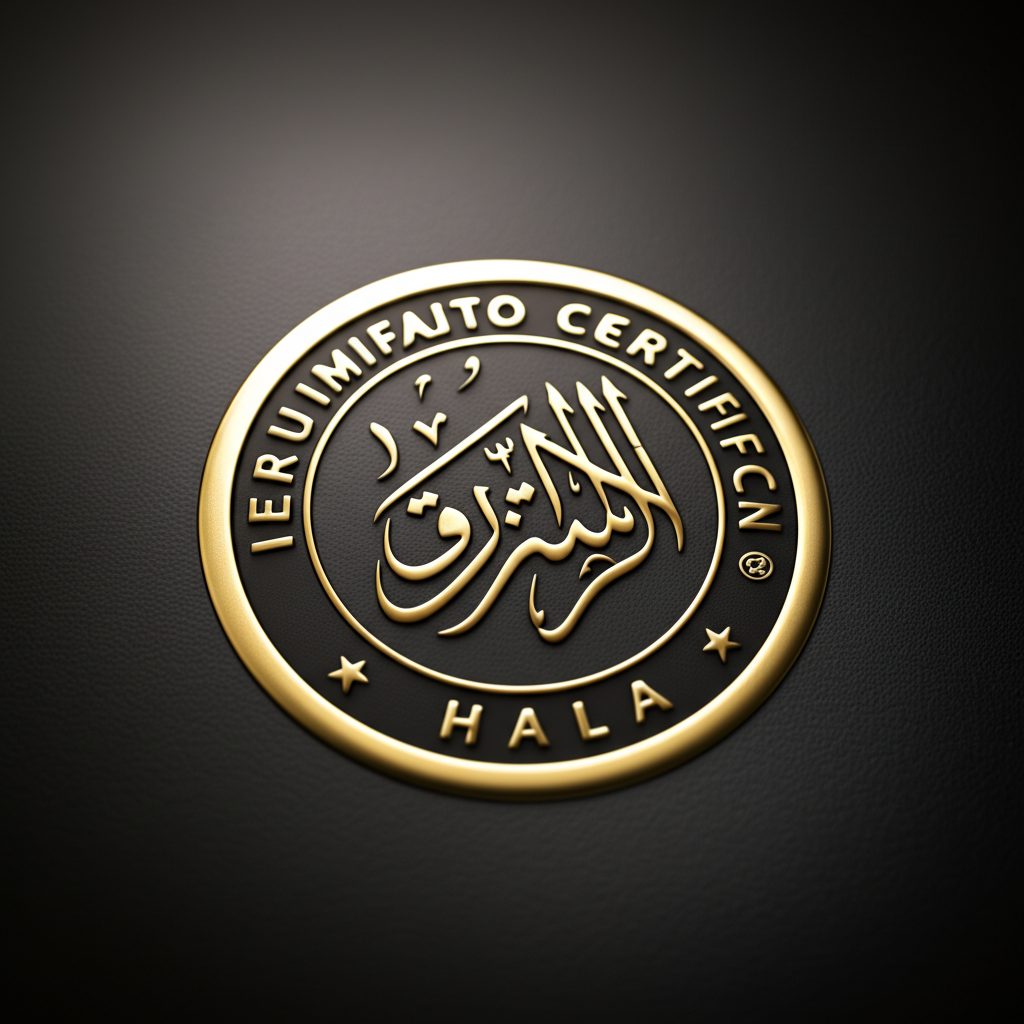
As the global halal market continues to expand, industry leaders are calling for greater alignment in certification standards to strengthen consumer trust and facilitate international trade. Fertiana Santi, director of halal product assurance cooperation at Indonesia’s Halal Product Assurance Agency (BPJPH), highlighted this need during a recent statement in Jakarta.
Santi stressed that harmonizing halal standards isn’t about imposing uniformity but fostering mutual respect among nations. Such collaboration, she explained, would help build a more inclusive halal ecosystem while safeguarding the interests of consumers who prioritize halal compliance.
Beyond religious significance, halal certification has evolved into a broader benchmark for quality, encompassing health, sustainability, and ethical production. Santi noted that these principles make halal standards universally applicable, transcending cultural or religious boundaries. Any industry player, regardless of background, can adopt these guidelines if they meet regulatory requirements.
The BPJPH official also emphasized the economic potential of a globally recognized halal framework. By establishing clear, internationally accepted standards, businesses can unlock new opportunities while ensuring transparency and traceability. This approach, she argued, would benefit both producers and consumers in an increasingly interconnected market.